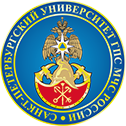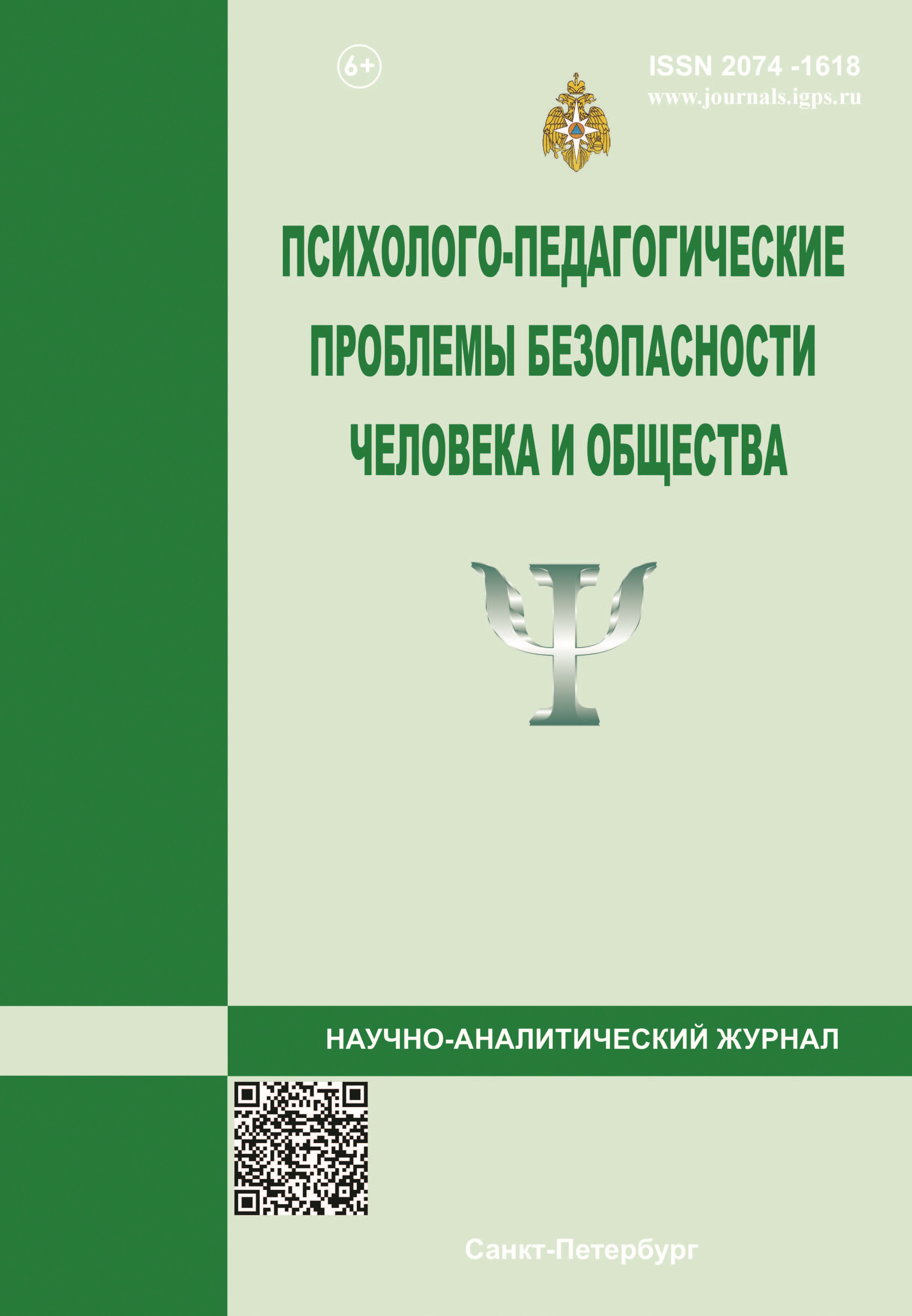Russian Federation
The article analyzes the phenomenon of information overload and argues that the key issue is finding and maintaining a balance between the need for information and regulating interaction with the digital information environment. Effective strategies that can help navigate the flow of information are identified. The problem of fake news is considered, the mechanisms behind this modern phenomenon are analyzed, and methods for detecting fake news are characterized. It is concluded that a combination of public interest, personal education, and technological advances will contribute to building a more informed and sustainable society.
information overload, fake news, digital detox
1. Chumakova V.P. Problema informacionnoj peregruzki v kul'ture: istoriya voprosa i obzor sovremennykh napravlenij issledovaniya // Mezhdunarodnyj zhurnal issledovanij kul'tury. 2016. № 4 (25). S. 136–145.
2. Grineva O.A. Informacionnaya peregruzka cheloveka v informacionnom obshchestve // Missiya konfessij. 2022. T. 11. № 8 (65). S. 193–199.
3. Efe Stanley O. Information Overload: Causes, Symptoms, Consequences and Solutions // Asian Journal of Information Science and Technology. 2021. Vol. 11. № 2. P. 1–6. DOI:https://doi.org/10.51983/ajist-2021.11.2.2887.
4. Pronina L.A. Informacionnaya kul'tura kak mekhanizm preodoleniya informacionnoj peregruzki // Vestnik Tambovskogo universiteta. Ser.: Gumanitarnye nauki. 2013. № 4 (120). S. 325–329.
5. Andreeva L.S. Podkhody k issledovaniyu cifrovoj zavisimosti // Chelovecheskij kapital i professional'noe obrazovanie. 2017. № 2 (22). S. 48–54.
6. Comprehensive Review on Digital Detox: A Newer Health and Wellness Trend in the Current Era / G. Anandpara [et al.] // Cureus. 2024. № 16 (4): e58719. DOI:https://doi.org/10.7759/cureus.58719.
7. Bobrova L.A. Kognitivnye iskazheniya // Social'nye i gumanitarnye nauki. Otechestvennaya i zarubezhnaya literatura. Ser. 3: Filosofiya. Referativnyj zhurnal. 2021. № 2. S. 69–79. DOI:https://doi.org/10.31249/rphil/2021.02.04.
8. Da Silva S., Gupta R., Monzani D. Editorial: Highlights in psychology: cognitive bias // Frontiers in Psychology. 2023. Vol. 14:1242809. DOI:https://doi.org/10.3389/fpsyg.2023.1242809.
9. Sokolov A.V. Genezis i ehvolyuciya kategorii «fejkovye novostI» // Social'no-gumanitarnye znaniya. 2022. № 7. S. 61–64.
10. Beauvais C. Fake news: Why do we believe it? // Joint Bone Spine. 2022. Vol. 89. № 4: 105371. DOI:https://doi.org/10.1016/j.jbspin.2022.105371.
11. Shul'c Eh.Eh. Fejkovye novosti v sovremennykh kommunikacionnykh processakh // Vestnik Rossijskogo universiteta druzhby narodov. Ser.: Gosudarstvennoe i municipal'noe upravlenie. 2022. T. 9. № 3. S. 262–273. DOI:https://doi.org/10.22363/2312-8313-2022-9-3-262-273.







